Tuesday, April 23, 2024
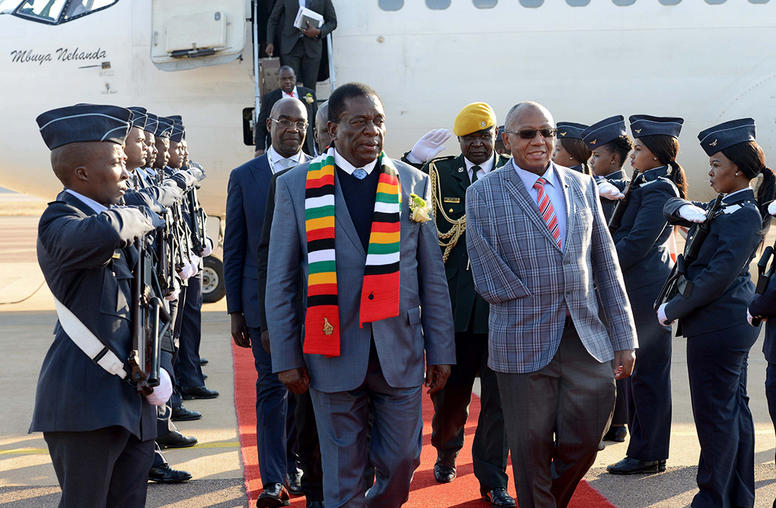
Military Crackdown Mars Zimbabwe’s First Post-Mugabe Election
Over 80 percent of eligible voters participated in Zimbabwe’s July 30 polls—a tense, reasonably competitive, and possibly historic election. After 37 years of authoritarian rule under former President Robert Mugabe, there was hope for a break with the past, with a halt to the political oppression of opposition members and civil society. But fears loomed large of a return to tyranny when protesting opposition members faced a violent response by the Zimbabwean army shortly after Election Day.
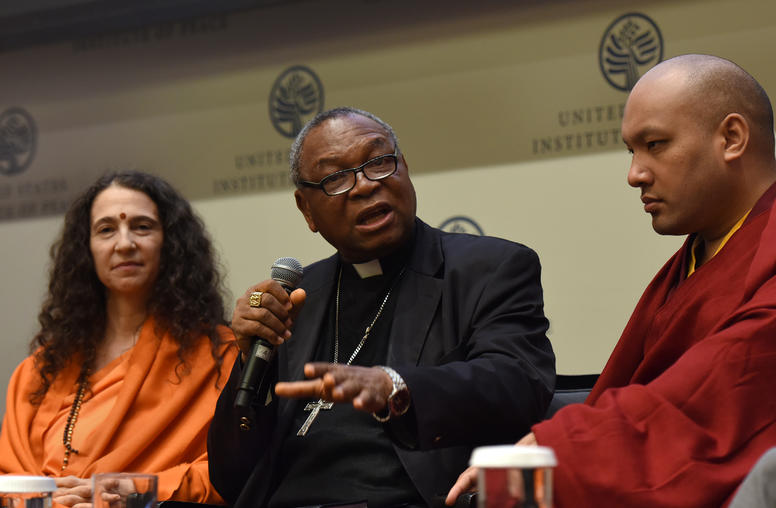
Meeting the Global Threat to Freedom of Religion
The first-ever ‘Ministerial to Advance Religious Freedom’ demonstrated U.S. commitment to protect those of all faiths and none from persecution. For nearly three decades, USIP has supported religious peacebuilders who work courageously to advocate for the political and social inclusion of those from all faiths, including in places like Iraq, Nigeria, Burma, Sudan, Sri Lanka, and Pakistan.
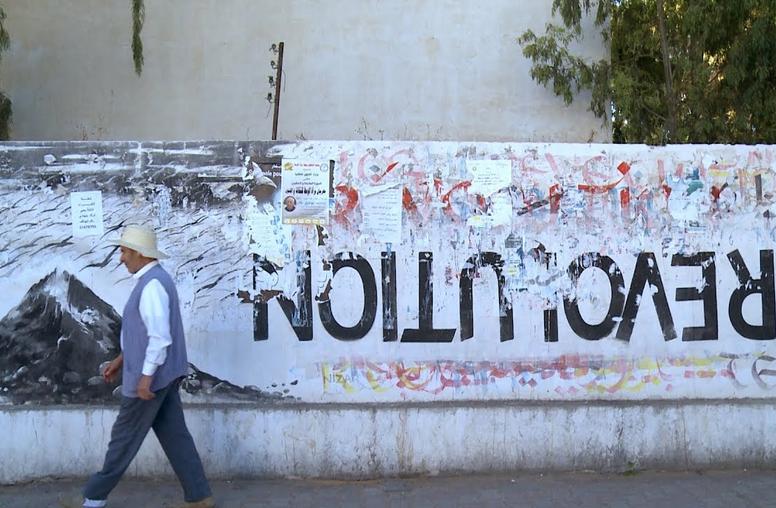
Tunisia: Will Elected Local Governments Build Democracy? (Video)
A model to help stabilize Tunisia's volatile communities could come from Kasserine, which has seen frequent protests and upheaval, and which is a locus of recruitment by extremist groups.
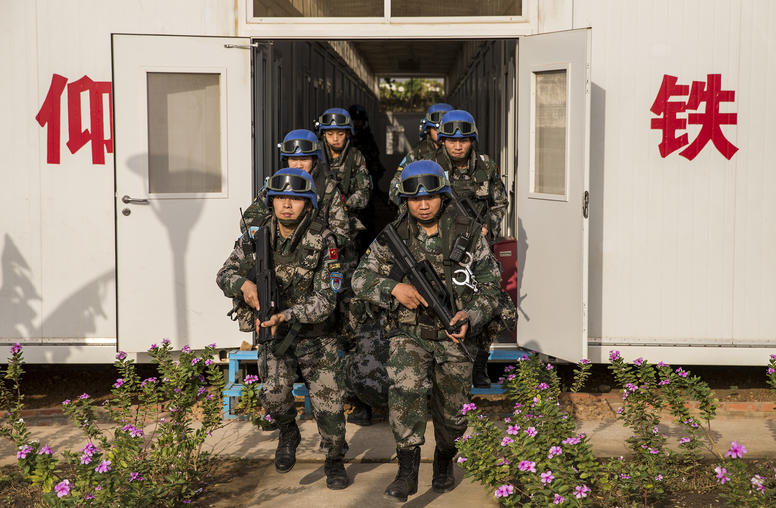
As Military Ties Deepen, China Advances its Ambitions in Africa
China’s Africa strategy has experience two shifts beyond its traditional emphasis on trade, investment, and resource extraction: promoting improved security relations to help protect China's interests on the continent and enhancing China's reputation as a reliable security partner that is invested in Africa's future.
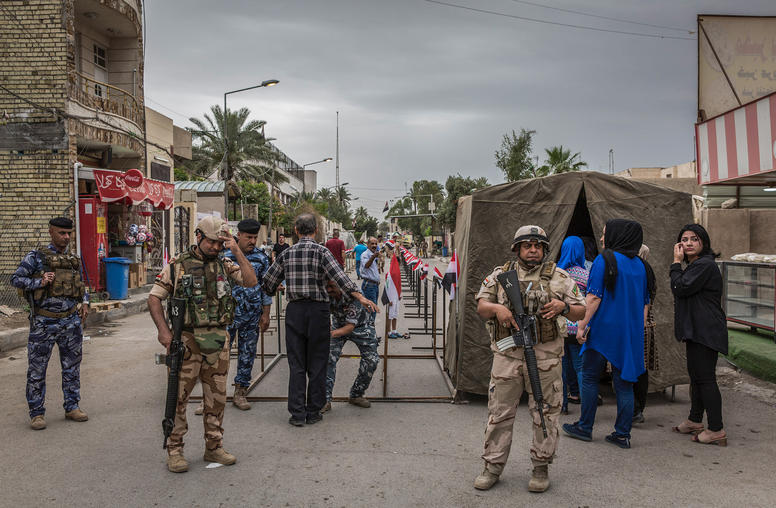
When are Elections at Risk for Violence?
Elections Wire is a new monthly resource from the U.S. Institute of Peace with news and analysis on elections at risk of violence. The challenge we aim to address is simple: Elections in emerging democracies or countries with ongoing or recent violent conflict are often associated with a unique risk of election violence.
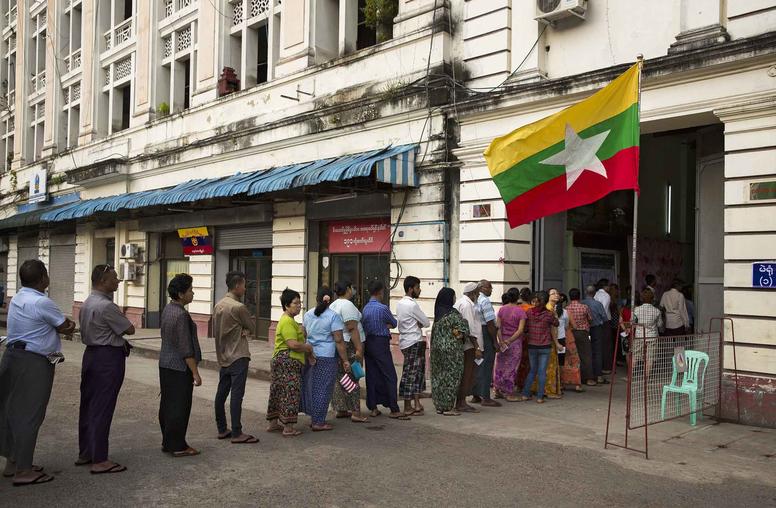
What’s in a Name: Burma or Myanmar?
When Aung San Suu Kyi’s National League for Democracy (NLD) won the historic 2015 elections, some observers wondered if it would resolve one of her country’s most symbolic issues on the international stage: what to call it. Changed by the military government in 1989 from Burma to Myanmar, much of the international community agreed to recognize the name change. Yet, the United States and the United Kingdom, among a small group of countries, continue to use the name Burma. Why?
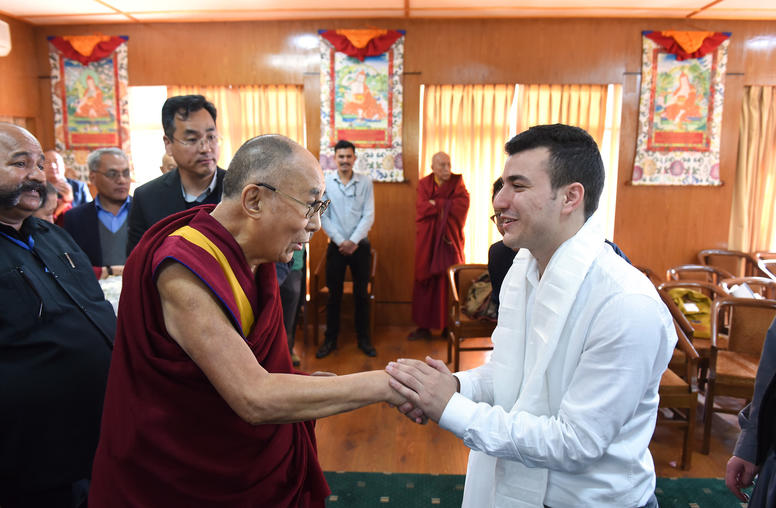
World Refugee Day: A Young Refugee Reflects on Meeting the Dalai Lama
Mahmoud Khalil, a refugee living in Lebanon, is a Syrian-Palestinian-Algerian student majoring in computer science and working with an international education-focused NGO called Jusoor. He was a key member of a team of young people that founded an innovative education program for out-of-school Syrian refugee children in Lebanon. Mahmoud was one of 25 young civil society leaders from a dozen nations facing violent conflict whom USIP gathered in 2017 for training and mentorship with the Nobel peace laureate and spiritual leader, the Dalai Lama.
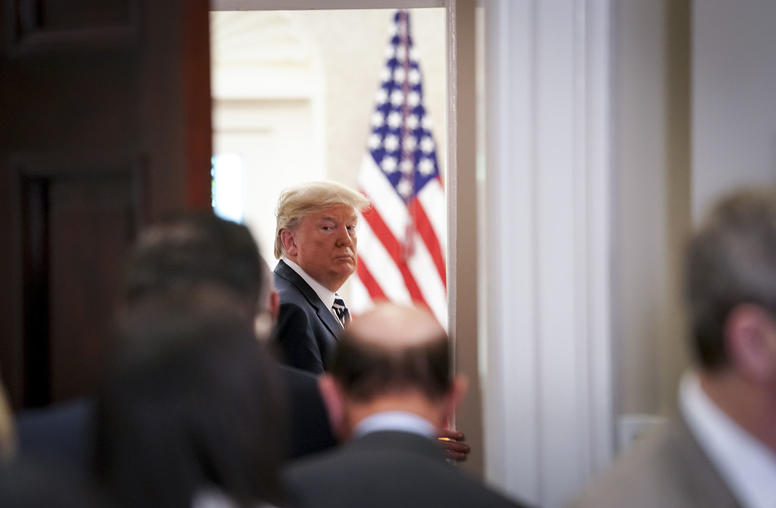
What’s Next for Nuclear Negotiations with North Korea?
Assuming that both President Trump and North Korean leader Kim Jong Un were sincere about meeting in Singapore on June 12, it seems the summit’s cancellation was caused by poor diplomacy and messaging, like a bad game of telephone.
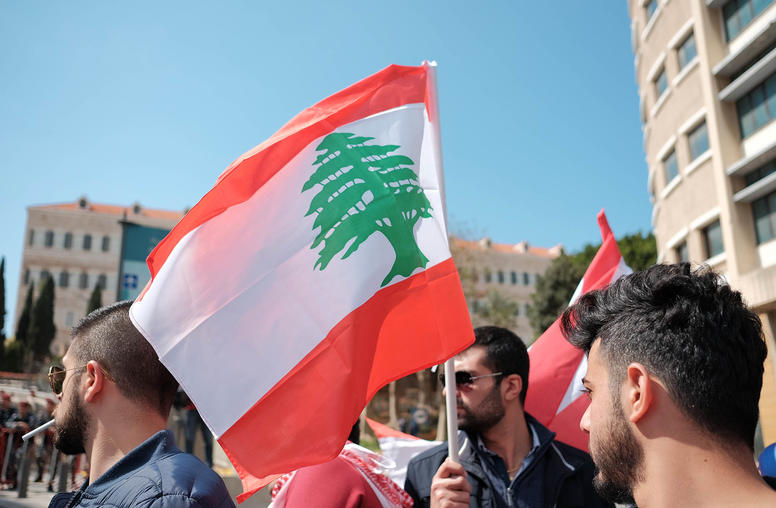
Lebanon’s New Election Law Results in Limited Change
On May 6, Lebanon held parliamentary polls—its first in nine years—under a new electoral law. I served as an international observer with the National Democratic Institute’s (NDI) mission. It was a unique opportunity to witness firsthand Lebanon’s complex political system. Deployed to Zahle, a multi-confessional district in eastern Lebanon, I gained a deeper appreciation of the election’s enormous challenges and limited bright spots.
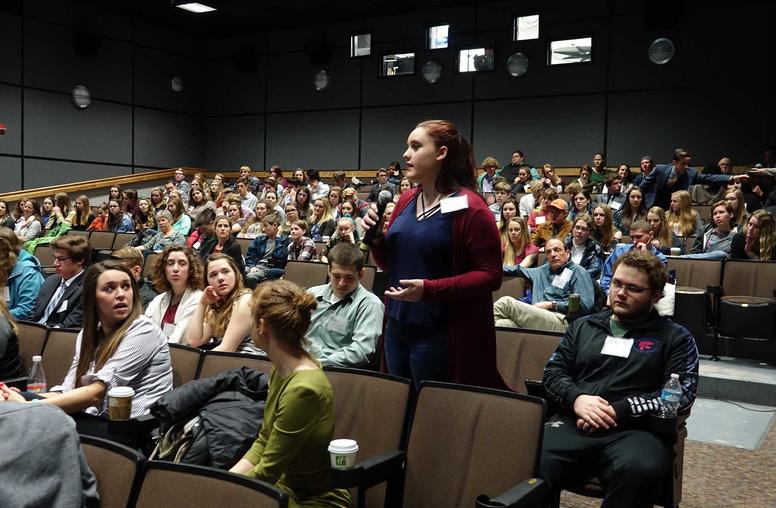
Montana Students Take on the World
The students from Gardiner, Montana’s high school didn’t have much experience in the world beyond “little towns among farmland,” as one of them put it. So, when the mayor of the state capital, Helena, spoke to them as a 1994 refugee from Liberia’s civil war, the link between distant conflict zones and pastoral Montana took on a captivating human form.
